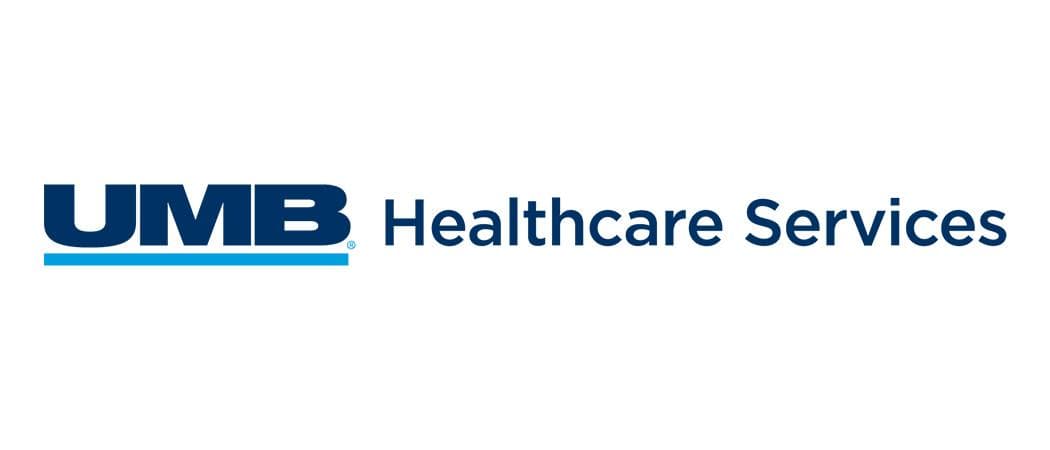Marketplace

Health Savings Accounts (HSAs)
Offering your employees an HSA-eligible health plan, like a high deductible health plan (HDHP), can help them better manage health-related expenditures. These accounts are versatile and can be a strategic component of a financial plan that helps individuals cover current and future healthcare costs and helps offset health-related expenses in retirement.
HSAs can make dollars go farther with the advantage of triple tax savings. HSAs offer tax benefits at deposit, during the account’s life and upon withdrawal for qualified medical expenses. Importantly, HSA funds are “portable,” meaning any unused balance rolls over year to year and remains with the individual even after the employee leaves your company.
This account type acts as both a savings and a spending account with investment potential.
The triple tax advantage:
1. Funds are not taxed when deposited
2. Interest or investment related earnings are not taxed,
3. Funds are not taxed when spent on qualified medical expenses.
Note: States can choose to follow the federal tax-treatment guidelines for HSAs or establish their own; some states tax HSA contributions. If you have questions about your tax implications, consult your tax advisor. HSA funds used to pay for non-qualified medical expenses are subject to income taxes on the amount and a possible additional 20% penalty, if you’re under age 65.
HSAs can also be used like traditional retirement accounts, allowing your employees to invest money in mutual funds, similar to a 401(k), or traditional IRA. Earnings in invested HSA funds grow tax-free, making your dollars stretch even further. Once the accountholder reaches the age of 65, she/he can then use the HSA dollars for any purpose without penalty, although income tax must be paid for non-qualified uses.
Related Links
Other UMB Bank Products
Subscribe to get UMB Bank partner and product updates
